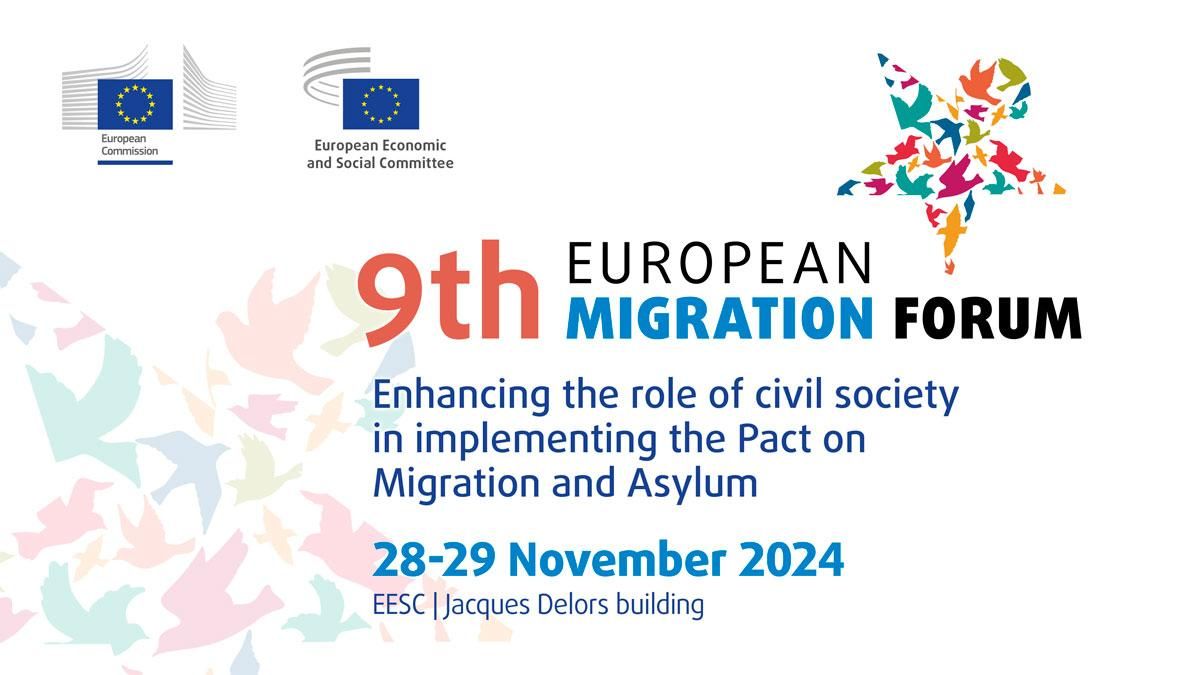Poverty and Corruption
An outlook on social gaps in Romania

Christine Leșcu, 18.11.2015, 14:08
European statistics indicate that Romania had the highest economic growth in the European Union in the third quarter of this year as against the same quarter of last year. This is good news, arriving after several years of crisis affecting many Romanians, and it could be followed by more good news: combating poverty. The same EU statistics, alongside those from the World Bank and UNICEF, place Romania among the last countries in Europe in terms of poverty and human rights.
Social gaps emerged after 1990, leading to a rather extreme level of wealth inequality, recognized by sociologists, who noted the great gap between a very wealthy minority and the rest of the population, including people with median incomes. For the latter, statistics can be misleading, as they do not say anything of the daily life of the poor or the people with an average income. For instance, in Romania, the net average income is around 400 Euro, which is below par for European standards, as we find out from Mihai Dumitriu, a researcher with the Institute for Researching the Quality of Life:
“As you may know, the average income in Romania is almost the lowest in the EU, which is a fundamental problem in the country. Poverty affects, first and foremost, by social comparison. Romania is not only a poor country, and I am referring to peoples incomes, but it has almost the highest level of wealth inequality in Europe. In Romania there are people who wake up in the morning not knowing what they will be eating that day. There is an uncertainty regarding fundamental needs.
The poor condition of the children combines with demographic problems. Since 1990, the population of Romania has reduced from 23 to 20 million, with the future risk of working people to live in poverty at retirement age. If right now there are almost 1.1 people paying into the system to sustain a retiree, when people who are now 30 or 35 years of age retire, there will be only 0.77 people who will pay into the system. Policies to encourage a higher birth rate are not successful. Women who are not poor tend to avoid becoming mothers, according to Traian Rotariu, an expert in demography:
“In Romania, about half of children have working mothers. Many of the non-working mothers are poor, in the countryside, others are young and single, so there is no father to contribute to a childs upkeep. In addition, in the countryside a lot of women live off child rearing benefits. For women with three or four kids, this is a means of survival. At the same time, half of the mothers in the country work, and they could use support in addition to the child-rearing benefits, which is too small anyway, and does not cover expenses.
(translated by C. Cotoiu)






























